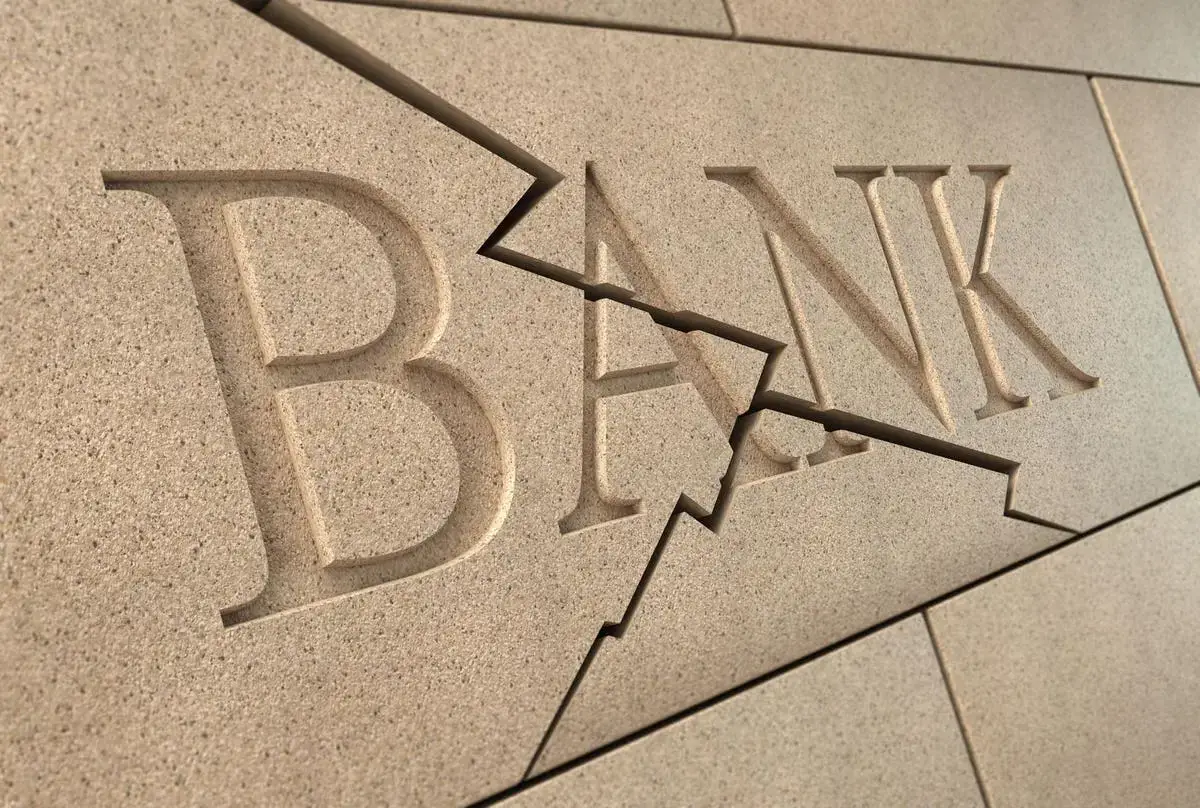Understanding the Impact of Bank Failures on Markets

Large bank failures can have a significant impact on the stock market, as they can cause investor panic and create uncertainty in the financial system. When a large bank fails, it can trigger a chain reaction that affects other financial institutions and the broader economy. Here are some of the impacts of large bank failures on the stock market:
- Investor panic: Large bank failures can cause investor panic, as investors become concerned about the stability of other financial institutions and the overall health of the financial system. This panic can lead to a sell-off in the stock market, causing stock prices to decline rapidly.
- Decreased investor confidence: Large bank failures can also lead to decreased investor confidence, as investors become more cautious about investing in financial institutions. This can lead to a decrease in demand for bank stocks, causing their prices to decline.
- Credit tightening: Large bank failures can cause a credit crunch, as other financial institutions become more cautious about lending to each other. This can lead to higher borrowing costs for businesses and consumers, which can slow down economic growth.
- Increased regulatory scrutiny: Large bank failures can lead to increased regulatory scrutiny, as regulators become more concerned about the stability of the financial system. This can lead to increased regulation and oversight, which can increase costs for financial institutions and reduce their profitability.
- Economic contraction: Large bank failures can lead to an economic contraction, as businesses and consumers become more cautious about spending and borrowing. This can lead to a decline in economic growth, which can further reduce investor confidence and lead to a sell-off in the stock market.
- Government intervention: Large bank failures can lead to government intervention, as governments may need to step in to prevent a systemic collapse of the financial system. This intervention can include bailouts or other measures to support the banking system, which can impact the stock market.
In conclusion, large bank failures can have a significant impact on the stock market and the broader economy. They can cause investor panic, decrease investor confidence, lead to credit tightening, increase regulatory scrutiny, cause an economic contraction, and result in government intervention. As such, it is essential for financial institutions to maintain their financial stability and avoid risky practices that could lead to failure.

